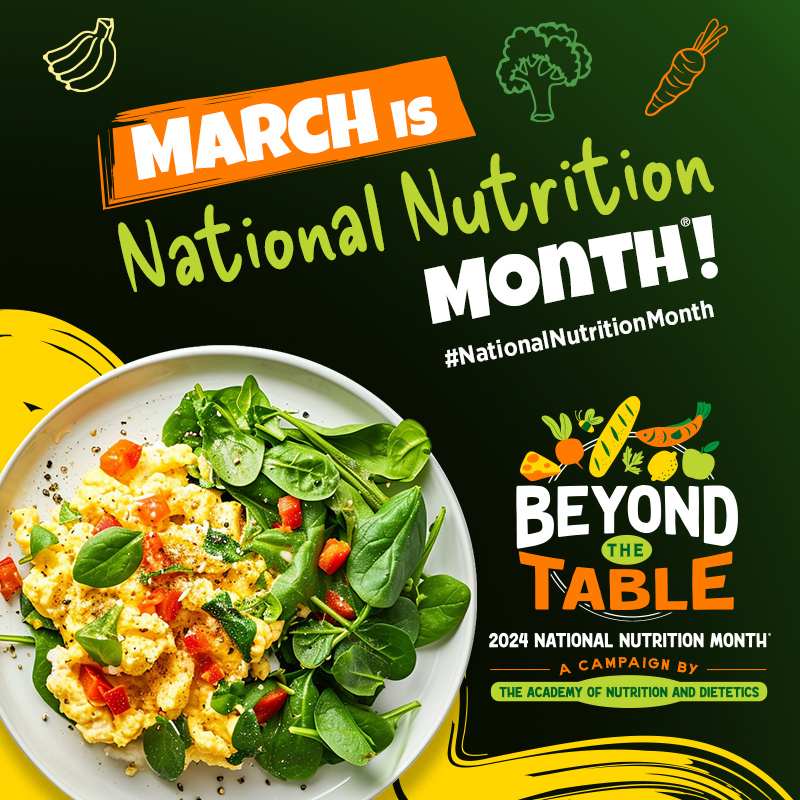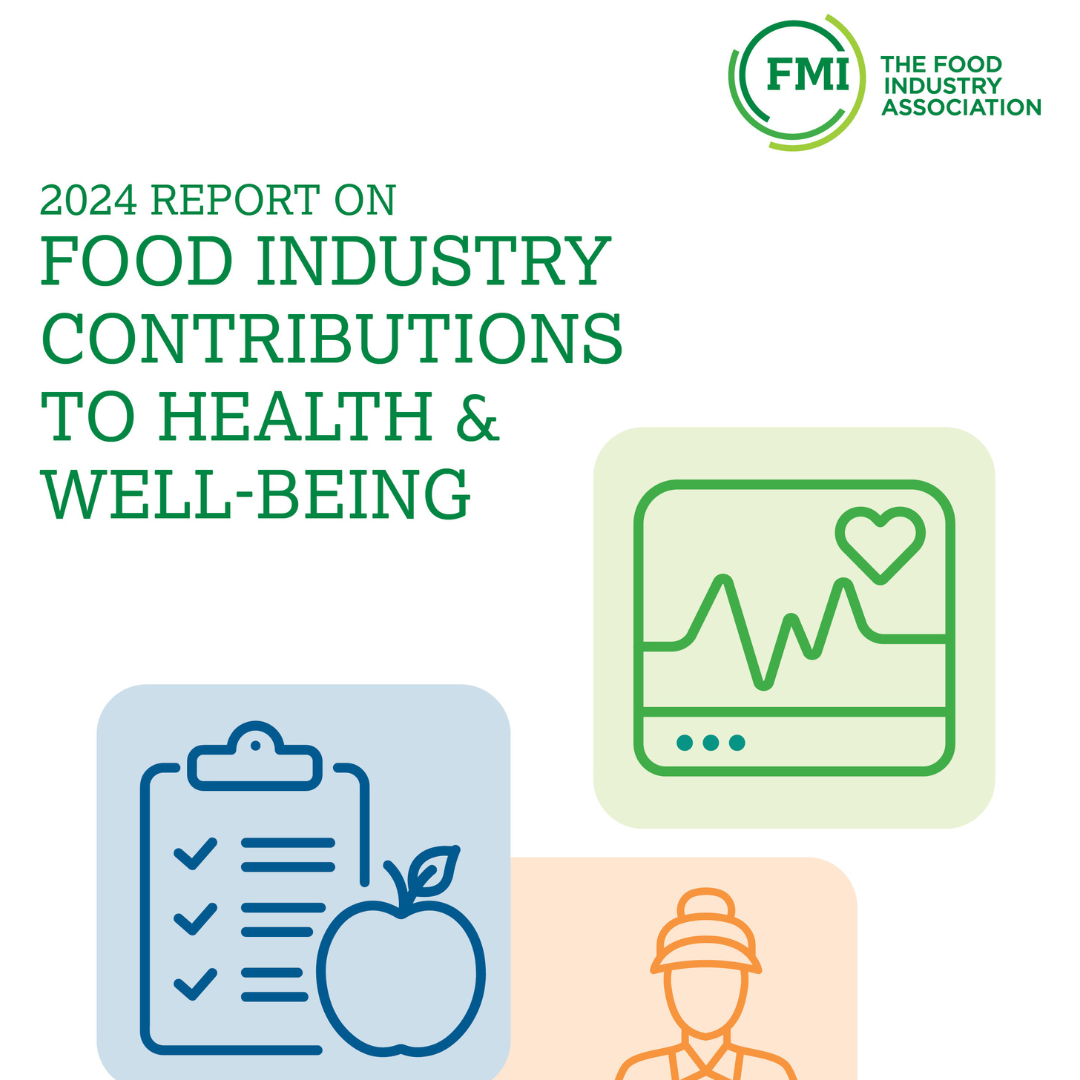Approved February 24, 2021
Download PDF Version of Policy Statement on Food as Medicine
Growing consumer interest in the connection between food and health has taken a new focus in 2020 amidst the COVID-19 pandemic shopper trends and health concerns. There is a strong desire to strengthen immunity and prevent disease. FMI believes there is a need to level-set an industry-wide approach to this topic to ensure that the long-term positive opportunities to leverage food for better health are not overshadowed by misguided recommendations and false claims.
Opportunity arises within the retail setting to responsibly innovate and implement programs to help consumers leverage food for health while emphasizing the importance of culture, family meals, and the enjoyment of food. Many different platforms, from retailers to healthcare providers, are using the term “Food as Medicine” though currently there is no consistent definition widely recognized by the public, healthcare professionals or the food industry.
FMI supports the thoughtful and deliberate conceptual definition provided by the Academy of Nutrition and Dietetics, which states:
Food as Medicine is a philosophy where food and nutrition aids individuals through interventions that support health and wellness. Focus areas include: food as preventative medicine to encourage health and well-being; food as medicine in disease management and treatment; food as medicine to improve nutrition security; and food as medicine to promote food safety. Food as medicine is a reaffirmation that food and nutrition play a role in sustaining health, preventing disease, and as a therapy for those with conditions or in situations responsive to changes in their diet.
FMI believes this conceptual definition, grounded in science, will help guide retailers and their industry partners to deliver programs to connect food to health for consumers in practical and applicable ways.
Food as Medicine programs should not undermine the importance of prescribed drugs. Food should be used to promote health in combination with necessary medications.
Food as Medicine programs must be grounded in credible research and science, free of unfounded health claims. Registered dietitians are well-positioned as trusted credible sources of practical advice, nudging consumers toward the everyday habits that prevent disease and promote health in alignment with the Dietary Guidelines, manage existing conditions with personalized professional guidance and prescribed medications and treatments, and help put balanced meals on the table, even when money is tight and feeding assistance is required. Using the expertise of the registered dietitian to promote food, education, access, inspiration and strategies for success, Food as Medicine program models across the industry provide opportunities to help improve public health for all Americans, regardless of age, race or socioeconomic status.
FMI will continue to have conversations about Food as Medicine with our members, community partners, and the Academy of Nutrition and Dietetics.


 Industry Topics address your specific area of expertise with resources, reports, events and more.
Industry Topics address your specific area of expertise with resources, reports, events and more.
 Our Research covers consumer behavior and retail operation benchmarks so you can make informed business decisions.
Our Research covers consumer behavior and retail operation benchmarks so you can make informed business decisions.
 Events and Education including online and in-person help you advance your food retail career.
Events and Education including online and in-person help you advance your food retail career.
 Food Safety training, resources and guidance that help you create a company food safety culture.
Food Safety training, resources and guidance that help you create a company food safety culture.
 Government Affairs work — federal and state — on the latest food industry policy, regulatory and legislative issues.
Government Affairs work — federal and state — on the latest food industry policy, regulatory and legislative issues.
 Get Involved. From industry awards to newsletters and committees, these resources help you take advantage of your membership.
Get Involved. From industry awards to newsletters and committees, these resources help you take advantage of your membership.
 Best practices, guidance documents, infographics, signage and more for the food industry on the COVID-19 pandemic.
Best practices, guidance documents, infographics, signage and more for the food industry on the COVID-19 pandemic.
